WSIS Action Line Facilitators Meeting
WSIS
Session 354
Action Line Facilitators
Pursuant to Article 109 of the Tunis Agenda, the seventeenth meeting of the UN WSIS Action Line Facilitators will take place within the framework of the WSIS Forum 2022.
The purpose of the meeting is to assess the general progress made within the WSIS Action Lines as well as to identify measures to strengthen the overall WSIS implementation process. In addition, this year’s meeting will also address the High-Level Political Forum 2022 theme on Building back better from the coronavirus disease (COVID-19) while advancing the full implementation of the 2030 Agenda for Sustainable Development.
Format
This session will be moderated in a dialogue style format engaging all UN WSIS Action Lines Facilitators to identify the key priorities, opportunities and challenges for their respective WSIS Action Line towards the achievement of the SDGs, in particular highlighting the implementation of the WSIS process and the role of the WSIS Action Lines in response to the COVID-19 pandemic.
WSIS Action Lines
С1. The role of public governance authorities and all stakeholders in the promotion of ICTs for development: Deniz Susar, Governance and Public Administration Officer, UN DESA
С2. Information and communication infrastructure: Desire Karyabwite, Senior Coordinator, ITU
C3. Access to information and knowledge: Jaco du Toit, Chief of the Universal Access to Information Section, UNESCO
C4. Capacity building: Halima Letamo, Capacity and Skills Development Officer, ITU
C5. Building confidence and security in the use of ICTs: Preetam Maloor, Head Emerging Technologies Division, ITU
C6. Enabling environment: Sofie Maddens, Head, Regulatory and Market Environment Division, Telecommunication Development Bureau, ITU
C7. ICT Applications:
E-government: Deniz Susar, Governance and Public Administration Officer, UN DESA
E-business: Paul Donohoe, Manager, Digital Economy and Trade Programme, UPU / James Howe, Senior Adviser International Marketing, Branding and e-Commerce, ITC / Scarlett Fondeur Gil, Economic Affairs Officer, ICT Policy Section, UNCTAD
E-learning: Valtencir Mendes, Senior Programme Lead, Division for Policies and Lifelong Learning Systems, UNESCO Education Sector
E-health: Hani Eskandar, Digital Services Senior Coordinator, ITU / Sameer Pujari - Vice-Chair, Focus Group: AI 4 Health, WHO
E-employment: Maria Prieto, Employment and Future of Work Specialist, ILO
E-environment: Omar Baddour, Head of the Climate Monitoring and Policy division, WMO / Maritza Delgado, Program Officer of the Environment and Emergency Telecommunications Division, ITU / (TBC), UNEP
E-agriculture: Meng Zeng, Information Technology Officer, FAO
E-science: Dr. Bhanu Neupane, Programme Specialist, UNESCO
C8. Cultural diversity and identity, linguistic diversity and local content: Rochelle Roca-Hachem, Programme Specialist, Communications, Cities and Events Unit, UNESCO Culture Sector
C9. Media: Rachelle Pollack, Specialist, Freedom of Expression, UNESCO
C10. Ethical dimensions of the Information Society: Maksim Karliuk, Programme Specialist Section for Bioethics and Ethics of Science and Technology, UNESCO Social & Human Sciences Sector
C11. International and regional cooperation: Deniz Susar, Governance and Public Administration Officer, UN DESA
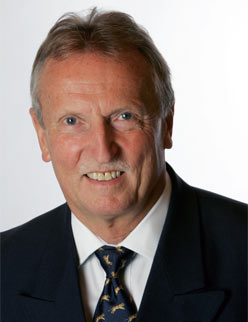
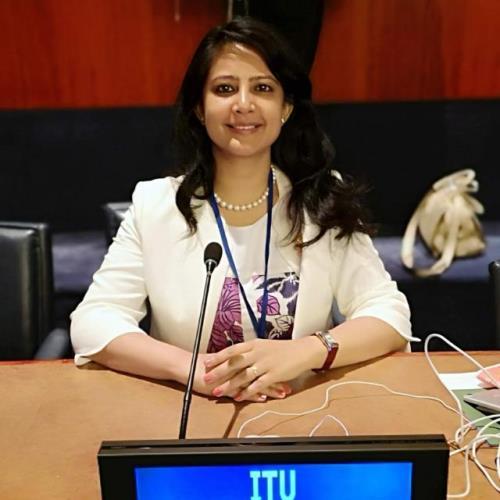
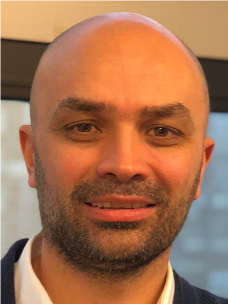
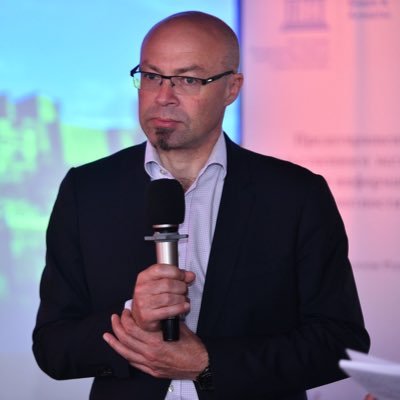
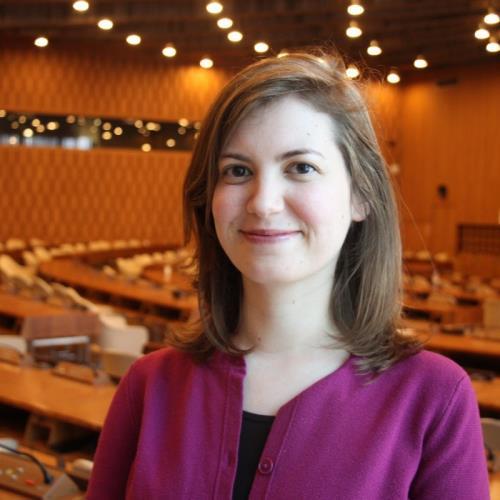
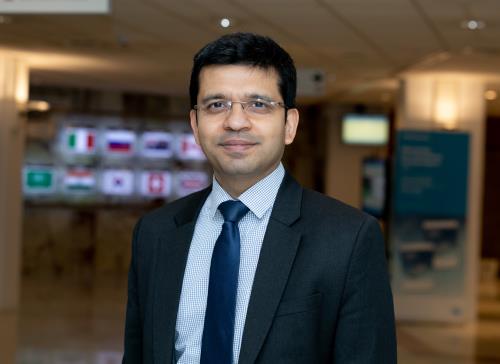
Preetam Maloor is the Head of the Emerging Technologies Division at the International Telecommunication Union (ITU), the specialized United Nations Agency for Information and Communication Technologies.
An accomplished international civil servant with more than two decades of experience in Technology matters, he is an expert on Artificial Intelligence and international cyber-related public policy matters. A UN Staff member since 2008, he has been a key member of the ITU Secretariat at several major conferences including the 2012 World Conference on International Telecommunications (WCIT), 2010, 2014, 2018 and 2022 ITU Plenipotentiary conferences, the 2009, 2013, and 2021 World Telecommunication/ICT Policy Forums (WTPF), and the annual AI for Global Good Summit. He also leads the Secretariat of the ITU Council Working Group on international Internet-related public policy issues and the Expert Group on the International Telecommunication Regulations.
Prior to joining ITU, Preetam spent nearly 10 years in the private sector, working primarily at Artificial Intelligence research organizations such as Intelligent Automation Inc, a Rockville, Maryland-based research think-tank focusing on AI-based applications, and at AT&T Research Labs, Florham Park, New Jersey in its Speech & Natural Language Research Group.
He holds Master’s degrees in Computer Science from Texas A&M University, College Station, and in Engineering and Public Policy from the University of Maryland, College Park. He has a Bachelor’s degree in Computer Science and Engineering from the University of Mumbai.
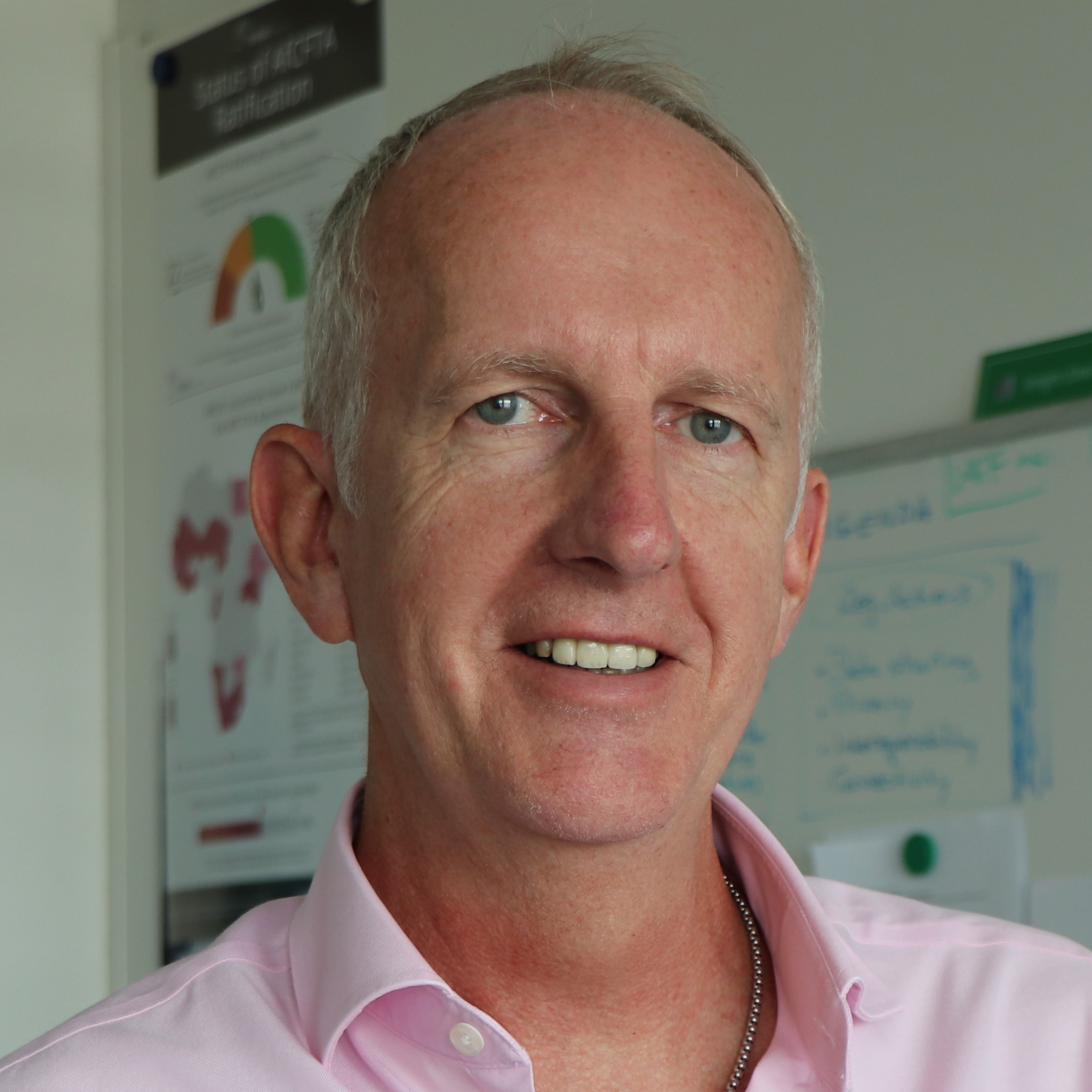.jpg?maxwidth=500)
Paul DONOHOE is in charge of the Digital Economy and Trade at the Universal Postal Union (UPU), a specialized UN agency responsible for coordinating the global postal industry.
Paul has worked at the UPU for over 15 years leading activities on digital inclusion, digital transformation of the postal sector and digitalization of postal services, including internet governance and the .POST internet domain, cybersecurity, blockchain and digital trade.
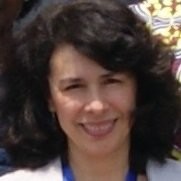
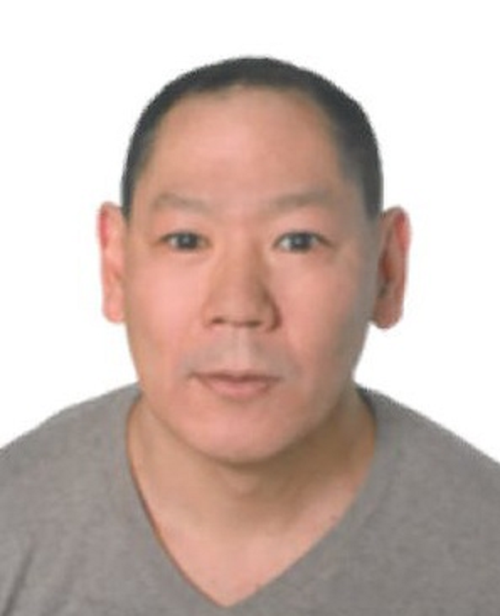

Cristina Collado Martí works as an E-commerce Advisor at the International Trade Centre (ITC). Passionate about the power of digital transformation for sustainable and inclusive growth, Cristina has been working with a large number of small businesses and trade institutions across America, Asia and Africa to support them on their e-commerce journey. Her work includes the design and implementation of e-commerce projects to improve the digital ecosystem and the management of the online community ecomconnect.org (embed link: https://ecomconnect.org/). She started her career as an Export Adviser at the Office for Economic Affairs of the Spanish Embassy in New Delhi before joining ITC in 2019.
-
 C1. The role of governments and all stakeholders in the promotion of ICTs for development
C1. The role of governments and all stakeholders in the promotion of ICTs for development
-
 C2. Information and communication infrastructure
C2. Information and communication infrastructure
-
 C3. Access to information and knowledge
C3. Access to information and knowledge
-
 C4. Capacity building
C4. Capacity building
-
 C5. Building confidence and security in use of ICTs
C5. Building confidence and security in use of ICTs
-
 C6. Enabling environment
C6. Enabling environment
-
 C7. ICT applications: benefits in all aspects of life — E-government
C7. ICT applications: benefits in all aspects of life — E-government
-
 C7. ICT applications: benefits in all aspects of life — E-business
C7. ICT applications: benefits in all aspects of life — E-business
-
 C7. ICT applications: benefits in all aspects of life — E-learning
C7. ICT applications: benefits in all aspects of life — E-learning
-
 C7. ICT applications: benefits in all aspects of life — E-health
C7. ICT applications: benefits in all aspects of life — E-health
-
 C7. ICT applications: benefits in all aspects of life — E-employment
C7. ICT applications: benefits in all aspects of life — E-employment
-
 C7. ICT applications: benefits in all aspects of life — E-environment
C7. ICT applications: benefits in all aspects of life — E-environment
-
 C7. ICT applications: benefits in all aspects of life — E-agriculture
C7. ICT applications: benefits in all aspects of life — E-agriculture
-
 C7. ICT applications: benefits in all aspects of life — E-science
C7. ICT applications: benefits in all aspects of life — E-science
-
 C8. Cultural diversity and identity, linguistic diversity and local content
C8. Cultural diversity and identity, linguistic diversity and local content
-
 C9. Media
C9. Media
-
 C10. Ethical dimensions of the Information Society
C10. Ethical dimensions of the Information Society
-
 C11. International and regional cooperation
C11. International and regional cooperation
Action Line Facilitators
Pursuant to Article 109 of the Tunis Agenda, the seventeenth meeting of the UN WSIS Action Line Facilitators will take place within the framework of the WSIS Forum 2022.
The purpose of the meeting is to assess the general progress made within the WSIS Action Lines as well as to identify measures to strengthen the overall WSIS implementation process. In addition, this year’s meeting will also align with the High-Level Political Forum 2022 theme on Building back better from the coronavirus disease (COVID-19) while advancing the full implementation of the 2030 Agenda for Sustainable Development.
Format
This session will be moderated in a dialogue style format engaging all UN WSIS Action Lines Facilitators to identify the key priorities, opportunities and challenges for their respective WSIS Action Line towards the achievement of the SDGs, in particular highlighting the implementation of the WSIS process and the role of the WSIS Action Lines in response to the COVID-19 pandemic.
WSIS Action Lines
С1. The role of public governance authorities and all stakeholders in the promotion of ICTs for development: Deniz Susar, Governance and Public Administration Officer, UN DESA
С2. Information and communication infrastructure: Desire Karyabwite, Senior Coordinator, ITU
C3. Access to information and knowledge: Jaco du Toit, Chief of the Universal Access to Information Section, UNESCO
C4. Capacity building: Halima Letamo, Capacity and Skills Development Officer, ITU
C5. Building confidence and security in the use of ICTs: Preetam Maloor, Head Emerging Technologies Division, ITU
C6. Enabling environment: Sofie Maddens, Head, Regulatory and Market Environment Division, Telecommunication Development Bureau, ITU
C7. ICT Applications:
E-government: Deniz Susar, Governance and Public Administration Officer, UN DESA
E-business: Paul Donohoe, Manager, Digital Economy and Trade Programme, UPU / James Howe, Senior Adviser International Marketing, Branding and e-Commerce, ITC / Scarlett Fondeur Gil, Economic Affairs Officer, ICT Policy Section, UNCTAD
E-learning: Valtencir Mendes, Senior Programme Lead, Division for Policies and Lifelong Learning Systems, UNESCO Education Sector
E-health: Hani Eskandar, Digital Services Senior Coordinator, ITU / Sameer Pujari - Vice-Chair, Focus Group: AI 4 Health, WHO
E-employment: Maria Prieto, Employment and Future of Work Specialist, ILO
E-environment: Omar Baddour, Head of the Climate Monitoring and Policy division, WMO / Maritza Delgado, Program Officer of the Environment and Emergency Telecommunications Division, ITU / (TBC), UNEP
E-agriculture: Meng ZENG, Information Technology Officer, FAO
E-science: Dr. Bhanu Neupane, Programme Specialist, UNESCO
C8. Cultural diversity and identity, linguistic diversity and local content: Rochelle Roca-Hachem, Programme Specialist, Communications, Cities and Events Unit, UNESCO Culture Sector
C9. Media: Rachel Pollack, Specialist, Freedom of Expression, UNESCO
C10. Ethical dimensions of the Information Society: Maksim Karliuk, Programme Specialist Section for Bioethics and Ethics of Science and Technology, UNESCO Social & Human Sciences Sector
C11. International and regional cooperation: Deniz Susar, Governance and Public Administration Officer, UN DESA
-
 Goal 1: End poverty in all its forms everywhere
Goal 1: End poverty in all its forms everywhere
-
 Goal 2: End hunger, achieve food security and improved nutrition and promote sustainable agriculture
Goal 2: End hunger, achieve food security and improved nutrition and promote sustainable agriculture
-
 Goal 3: Ensure healthy lives and promote well-being for all
Goal 3: Ensure healthy lives and promote well-being for all
-
 Goal 4: Ensure inclusive and equitable quality education and promote lifelong learning opportunities for all
Goal 4: Ensure inclusive and equitable quality education and promote lifelong learning opportunities for all
-
 Goal 5: Achieve gender equality and empower all women and girls
Goal 5: Achieve gender equality and empower all women and girls
-
 Goal 6: Ensure access to water and sanitation for all
Goal 6: Ensure access to water and sanitation for all
-
 Goal 7: Ensure access to affordable, reliable, sustainable and modern energy for all
Goal 7: Ensure access to affordable, reliable, sustainable and modern energy for all
-
 Goal 8: Promote inclusive and sustainable economic growth, employment and decent work for all
Goal 8: Promote inclusive and sustainable economic growth, employment and decent work for all
-
 Goal 9: Build resilient infrastructure, promote sustainable industrialization and foster innovation
Goal 9: Build resilient infrastructure, promote sustainable industrialization and foster innovation
-
 Goal 10: Reduce inequality within and among countries
Goal 10: Reduce inequality within and among countries
-
 Goal 11: Make cities inclusive, safe, resilient and sustainable
Goal 11: Make cities inclusive, safe, resilient and sustainable
-
 Goal 12: Ensure sustainable consumption and production patterns
Goal 12: Ensure sustainable consumption and production patterns
-
 Goal 13: Take urgent action to combat climate change and its impacts
Goal 13: Take urgent action to combat climate change and its impacts
-
 Goal 14: Conserve and sustainably use the oceans, seas and marine resources
Goal 14: Conserve and sustainably use the oceans, seas and marine resources
-
 Goal 15: Sustainably manage forests, combat desertification, halt and reverse land degradation, halt biodiversity loss
Goal 15: Sustainably manage forests, combat desertification, halt and reverse land degradation, halt biodiversity loss
-
 Goal 16: Promote just, peaceful and inclusive societies
Goal 16: Promote just, peaceful and inclusive societies
-
 Goal 17: Revitalize the global partnership for sustainable development
Goal 17: Revitalize the global partnership for sustainable development